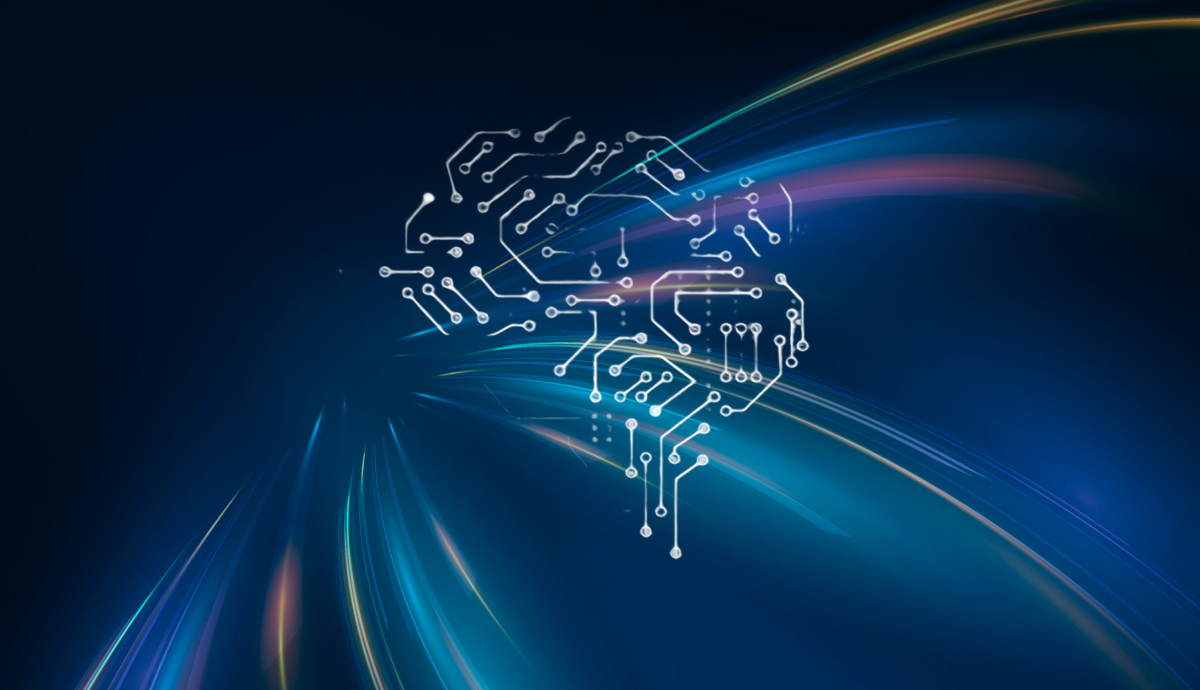Let’s face it: we’ve all been there—scrolling through social media or shopping online, and suddenly, it feels like the universe has conspired to show you exactly what you’ve been thinking about. That perfect pair of shoes you ogled last week? They’re right there, staring at you from an ad. Or perhaps, after watching a cooking video on YouTube, you get an ad for a kitchen gadget you didn’t even know you needed—but now, you’re convinced it’s a must-have. Coincidence? Not at all.
It’s AI—quietly working behind the scenes, customizing content that speaks directly to you. But how does it know you so well? Let’s explore how AI transforms your digital world into an ultra-personalized experience.
Your Data is the New Gold—But AI Makes It Shine
Every time you interact online, you’re leaving behind a trail of data. This could be anything from:
- Shopping habits
- Website visits
- Social media activity
- Time spent on pages or how you engage with ads
This data isn’t just sitting around—it’s being analyzed by AI, which identifies trends and predicts your preferences to create experiences uniquely tailored to you. This is why 91% of consumers are more likely to engage with brands that offer personalized experiences.
For instance, Amazon’s recommendation engine doesn’t just show you similar products—it anticipates your needs by comparing your behavior to millions of other shoppers. This is why your suggestions often feel eerily perfect.
Does this surprise you, or does it make perfect sense?
AI Isn’t Just Reacting to You—It’s Predicting Your Next Move
AI doesn’t just wait for you to take action—it actively predicts your future behavior. Here’s a familiar scenario:
- You’re shopping online for a pair of shoes but decide not to buy them.
- Later, you’re scrolling through Instagram, and an ad for those exact shoes appears.
This is predictive personalization in action. AI studies your past actions, like abandoned carts or saved items, to forecast your future choices.
AI stays one step ahead, making sure the content or product you need is ready and waiting when you’re prepared to act.
A great example is Netflix—it recommends shows and movies based on what you’ve watched before, but it also predicts what you might be interested in watching next. The more you interact with the platform, the smarter these recommendations become.
Real-Time Personalization: Timing is Everything
Real-time personalization adjusts your experience as it happens, keeping it relevant every second. Ever visited a website, and within seconds, it feels like the brand is speaking directly to you? That’s not magic—it’s AI reacting to your real-time behavior.
Imagine this:
- You’re browsing for vacation options.
- Based on your past searches, the site instantly suggests tropical vacation packages, specifically highlighting hotels you’ve previously viewed.
Real-time interactions keep you hooked by showing exactly what you’re looking for, right when you need it.
For instance, Spotify excels here. Open the app, and you’re greeted with playlists tailored not just to your taste but to the time of day—morning commute vibes, workout tracks, or winding-down tunes.
AI-Generated Content: It’s Not Just Recommending, It’s Writing Too
AI isn’t just matching content to your preferences—it’s producing it. From automated news articles to personalized marketing emails, AI-generated content allows businesses to scale personalization like never before.
Take The Washington Post, which employs an AI called Heliograf to generate quick, accurate news stories. These aren’t generic reports—they’re customized to audience preferences, delivering value at lightning speed.
Fun Fact: AI-written movie trailers now exist. By analyzing audience reactions, AI can tailor trailers to highlight the scenes viewers are most likely to enjoy, driving up engagement and ticket sales.
The Future of Personalization: Smarter AI Ahead
Today’s personalization is just the beginning. Tomorrow, AI could weave itself even deeper into your life, creating hyper-connected, voice-driven experiences.
Imagine a digital concierge that plans your entire day. From picking breakfast based on your dietary preferences to curating podcasts for your commute and adjusting your evening playlist to match your energy levels—AI will be your behind-the-scenes life manager.
Real-Life Glimpse: Already, Google Assistant and Amazon Alexa are learning to sync with your habits, offering reminders, shopping suggestions, and even health tips. The question is: how much personalization is too much, and where do we draw the line on privacy?
A Balancing Act: Personalization vs. Privacy
While AI’s ability to deliver tailored content is incredible, it also raises concerns about data security and consent. How much data are you comfortable sharing to enhance your experience? The future lies in finding a balance where personalization doesn’t compromise privacy.
AI-powered personalization isn’t just a trend—it’s the future of digital interaction. From recommendations that delight to experiences that feel custom-built, AI ensures that every click, scroll, or tap resonates with you.
But remember, behind the magic of AI lies a simple question: How much are you willing to share for a tailored experience?








